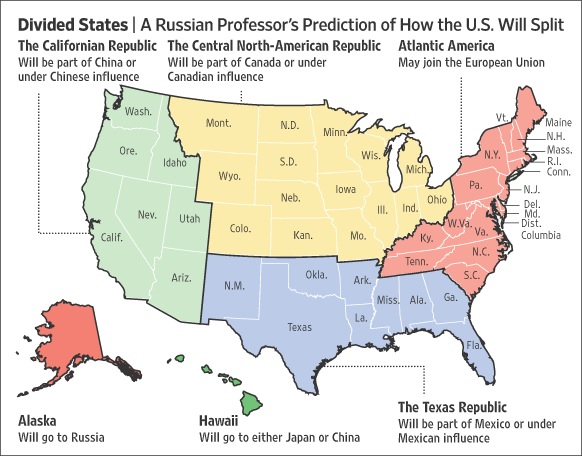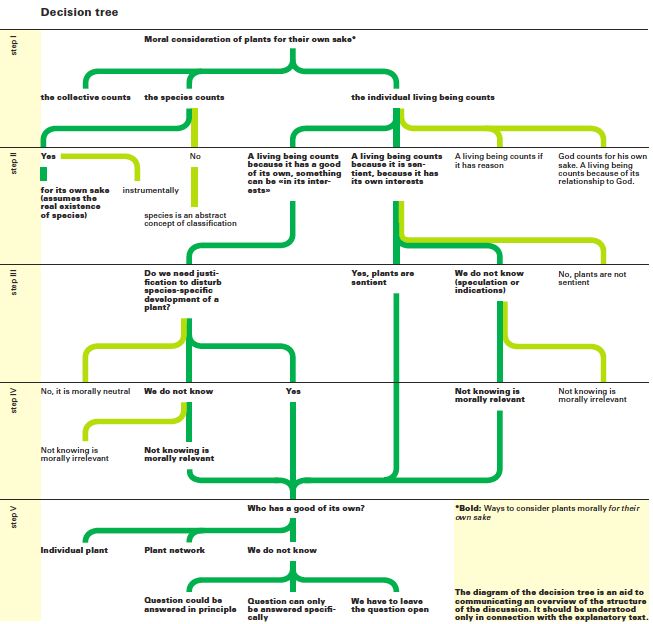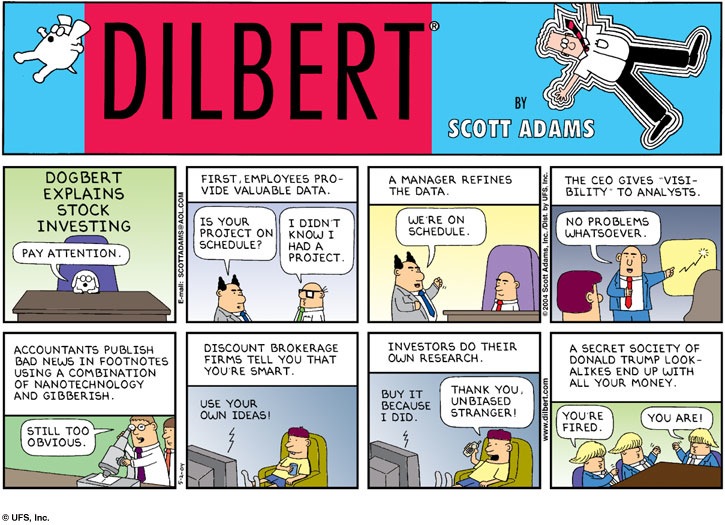Below is NPR’s Scott Simon’s commentary from last Saturday morning (you can listen to it by following the link).
Setting aside the implication that we shouldn’t bother with terrorist motivations (that’s just silly; how, for instance, could Irish terrorism have been stopped without consideration of the motivations of both sides?), and setting aside the London Blitz, Dresden, Hiroshima, Nagasaki, the Bible seems to me to be a very peculiar standard to introduce in this context, except perhaps as a cautionary example.
Two examples will suffice. The first is the hero and judge Samson (think Delilah—that Samson). Samson had an extensive career in terror, but let’s just recall his last act. He’s been captured (cherche la femme) by the Philistines, and eventually brought out to a temple full of civilians, “three thousand men and women”, says the Good Book.
And Samson said, Let me die with the Philistines. And he bowed himself with all his might; and the house fell upon the lords, and upon all the people that were therein. So the dead which he slew at his death were more than they which he slew in his life.
Why? Revenge, we suppose, but let’s not inquire into his motives.
Now set the clock back a bit. Israel has just been delivered from Egypt, Moses is dead, and Joshua is the new leader. They’ve traveled to Canaan, and the city of Jericho, where they spend several days marching around its walls. Finally,
…the people shouted with a great shout, that the wall fell down flat, so that the people went up into the city, every man straight before him, and they took the city.
And they utterly destroyed all that was in the city, both man and woman, young and old, and ox, and sheep, and ass, with the edge of the sword.
“But there are times and crimes,” Simon says, “that remind me how often the Bible gets it right.”
Evil in Mumbai
I get increasingly uncomfortable with the convention of journalism that requires us to say that so far, we don’t know the motives of the people who carried out this week’s attacks in Mumbai.
A word like “motive” seems to imply there was reason or purpose. It suggests that, however profane their actions, the terrorists had the incentive of some goal in mind.
But after covering too many killings, as a reporter or host, in Bosnia, Kosovo, Oklahoma City or Somalia, I’ve come to the conclusion that the perpetrators of such crimes might just be … evil.
Evil is a word that many people of my generation shrink from using. It seems so imprecise and uneducated — biblical, rather than cerebral and informed.
But there are times and crimes that remind me how often the Bible gets it right.
At some point, someone might record a statement, credited to some group, claiming responsibility for the killings in Mumbai, and send it out to the world. At some point, someone might write some kind of screed, display his education by calling it a manifesto that gets quoted by the best news organizations, including our own.
Terrorists may rationalize their actions with political rhetoric. They may band together, train together, and, ultimately, die together, and thereby give each other the strength and reassurance to believe that they are not alone. Other people share their convictions and help shoulder their actions. So how can they be crazy, much less evil?
But Romeo Dallaire, the courageous Canadian general who tried to stop massacres in Rwanda, once told us that evil men and women see no innocents in the world. They will slaughter mothers without conscience and their children, too, because mothers give birth to children who can grow up to be their opponents.
Evil people are not dumb, he said. They simply use the power of their mind to cut off their conscience.
The people killed this week in Mumbai were not collateral damage, which has become an ugly enough term, but the very objects of damage: human beings who became the targets of a murder spree, however terrorists and apologists may ultimately embroider the assault with supposed political significance. Americans, Britons, Israelis, Indians and Jews seemed to be the particular targets. But those who died were from all over the world and at all stages of life: married couples, religious pilgrims, old people and young people, a father and his young daughter who were learning about meditation.
As investigations and analysis continue over the next few weeks, it may be good to refresh ourselves with the memory of their worthy lives.



 WASHINGTON (AP) President Bush is set to deliver the final commencement speech of his presidency to graduating students at Texas A&M University.
WASHINGTON (AP) President Bush is set to deliver the final commencement speech of his presidency to graduating students at Texas A&M University. In this hour-long radio drama, Santa struggles with the increasing demands of providing gifts for millions of spoiled, ungrateful brats across the world, until a single elf, in the engineering department of his workshop, convinces Santa to go on strike. The special ends with the entropic collapse of the civilization of takers and the spectacle of children trudging across the bitterly cold, dark tundra to offer Santa cash for his services, acknowledging at last that his genius makes the gifts — and therefore Christmas — possible. Prior to broadcast, Mutual Broadcast System executives raised objections to the radio play, noting that 56 minutes of the hour-long broadcast went to a philosophical manifesto by the elf and of the four remaining minutes, three went to a love scene between Santa and the cold, practical Mrs. Claus that was rendered into radio through the use of grunts and the shattering of several dozen whiskey tumblers. In later letters, Rand sneeringly described these executives as “anti-life.”
In this hour-long radio drama, Santa struggles with the increasing demands of providing gifts for millions of spoiled, ungrateful brats across the world, until a single elf, in the engineering department of his workshop, convinces Santa to go on strike. The special ends with the entropic collapse of the civilization of takers and the spectacle of children trudging across the bitterly cold, dark tundra to offer Santa cash for his services, acknowledging at last that his genius makes the gifts — and therefore Christmas — possible. Prior to broadcast, Mutual Broadcast System executives raised objections to the radio play, noting that 56 minutes of the hour-long broadcast went to a philosophical manifesto by the elf and of the four remaining minutes, three went to a love scene between Santa and the cold, practical Mrs. Claus that was rendered into radio through the use of grunts and the shattering of several dozen whiskey tumblers. In later letters, Rand sneeringly described these executives as “anti-life.”
 No country takes toilets quite so seriously as Japan.
No country takes toilets quite so seriously as Japan. The Swiss Federal Ethics Committee on Non-Human Biotechnology (ECNH) and the citizens of Switzerland were awarded the 2008
The Swiss Federal Ethics Committee on Non-Human Biotechnology (ECNH) and the citizens of Switzerland were awarded the 2008 

